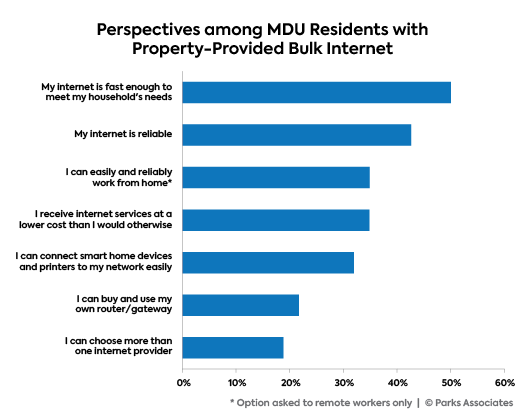
In the current digital landscape, guaranteeing the safety of internet connections is crucial, particularly in Multi-Unit Buildings (MDUs) such as apartment buildings and condominiums . Tenants in these communal environments often connect to the identical network, which can render them susceptible to online dangers. One efficient way to enhance internet security in MDUs is through the tactical deployment of Virtual Private Networks (VPNs). VPNs create a secure connection over the web, allowing individuals to safeguard their private information and maintain privacy while online.
A VPN functions by coding the information that travels between a user’s device and the internet. This means that even if someone tries to intercept the data, they will not be able to read it. For inhabitants in MDUs, employing a VPN can considerably diminish the threat of information breaches and illicit access to private information. By encrypting their internet traffic, individuals can navigate the internet, watch content, and interact digitally without concern about hackers or other harmful entities. This extra level of security is especially important in environments where many people share the same internet link.
Alongside safeguarding private information, VPNs can also assist tenants access content that may be restricted in their secure internet access for mdu region. Many streaming services and websites limit access based on geographic location. By employing a VPN, individuals can connect to servers in various nations, enabling them to overcome these barriers and access a broader variety of internet material. This aspect can be especially attractive to inhabitants who wish to access international news, entertainment, or educational resources that may not be available in their area.
Implementing VPNs in MDUs can also foster a sense of community and confidence among tenants. When all in a building employs a VPN, it creates a more secure environment for sharing information and resources. Residents can feel more comfortable using shared networks for activities like online finance or shopping, realizing that their data is protected. Additionally, property managers can encourage the use of VPNs as part of their comprehensive safety plan, aiding to establish a more secure residential space for all.
To conclude, the strategic implementation of VPNs in Multi-Dwelling Units is an efficient way to enhance internet safety for tenants. By encrypting data, offering entry to restricted content, and cultivating a sense of community, VPNs provide multiple benefits that can enhance the digital experience for all. As online dangers continue to evolve, it is crucial for inhabitants and property administrators to emphasize internet safety and evaluate the advantages that VPNs can offer. Adopting this technology can result to a more secure, more connected residential environment for everyone.